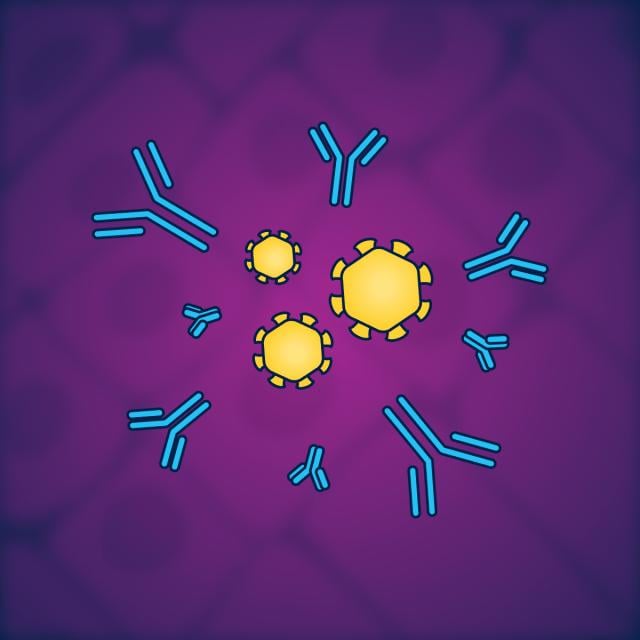MOOC List is learner-supported. When you buy through links on our site, we may earn an affiliate commission.

MOOC List is learner-supported. When you buy through links on our site, we may earn an affiliate commission.
We will also focus on the versatile cellular components which can distinguish between self- and nonself antigens and on how age affects the immune responses.
Course 2 of 5 in the Immunology: The Immune System and its Failures Specialization.
What You Will Learn
- In this course, you will explore the two main types of adaptive immune cells, T and B lymphocytes.
- You will understand how their various sub-sets contribute to the overall immune response.
- Finally, you will explore the effect of age on the function of the immune system.
Syllabus
WEEK 1
B cell effector functions and tolerance
In module one, learners will discover who B lymphocytes are and how they contribute to our immune response against pathogens. Together, we will explore how they develop, commit to becoming functional effector cells and what their effector mechanisms are. We will also investigate how the immune system prevents them from over-reacting against health cells.
WEEK 2
T cell activation, T helper subsets and receptors
In module two, learners will discover how T lymphocytes develop, differentiate into two main sub-types and how these contribute to the orchestration of the adaptive immune response and the direct destruction of infected cells. We will also discuss the mechanism that our body has put in place to prevent these very powerful cells from turning against the host’s healthy cells.
WEEK 3
Cytotoxic killing
In module three, we will explore the ability of some T lymphocytes to directly kill infected and tumour cells. We will learn about the mechanisms that activate them, contrast this with other complementary immune mechanisms of direct killing, and understand how their activation is kept under tight control to avoid the destruction of healthy cells.
WEEK 4
Regulatory T cells
In module four, we will explore the development and function of a particular type of T lymphocytes, regulatory T cells, whose main role is to regulate the overall immune response to avoid serious detrimental outcome for the host. We will look at their mechanisms of action in more details and discuss their therapeutic application for human health.
WEEK 5
Lymphocyte recirculation and homing
In module five, learners will be taken on a travel journey into our body to understand how the correct immune cells get to the correct site of infection. This will involve understanding the mechanisms by which immune cells migrate from the blood stream to infected tissues and sites of activation. Importantly, together with our expert here at Imperial, we will also explore the importance for this ability to be tightly regulated.
WEEK 6
The effect of age on the function of the immune system
In module six, we will explore the impact ageing has on the immune system. We will identify what inflammaging is, its causes and its consequences on the immune system. We will reflect on what this means in terms of therapeutical approaches for human health.
MOOC List is learner-supported. When you buy through links on our site, we may earn an affiliate commission.
MOOC List is learner-supported. When you buy through links on our site, we may earn an affiliate commission.
